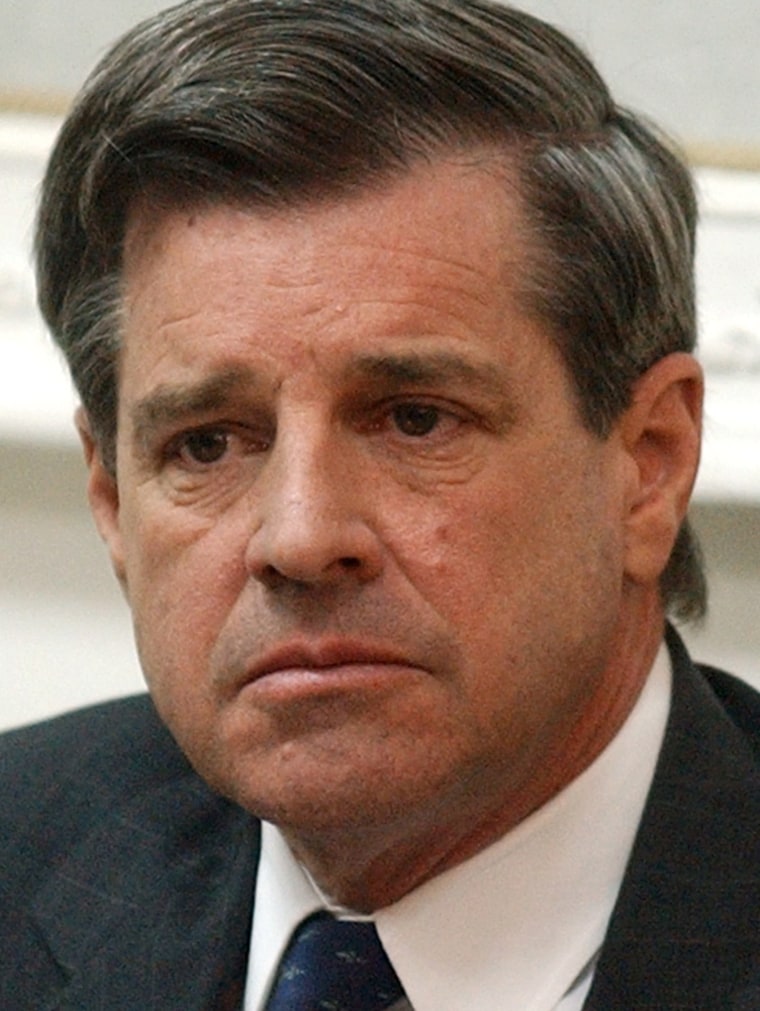Ambassador L. Paul Bremer became a special envoy and Administrator of the Coalition Provisional Authority, the temporary government ruling Iraq after the fall of Baghdad, in May 2003. Now, almost three years later, Bremer talks about how the government handled the war in Iraq while he was there in a revealing, new book, "My Year In Iraq: The Struggle to Build a Future of Hope."
In an extensive interview with Brian Williams, Bremer shares with NBC News what happened behind the scenes at the highest levels. The exclusive interview will air on "Dateline NBC," Sunday, Jan. 8 (7 PM, ET), and on "Nightly News with Brian Williams," Monday, Jan. 9 (6:30 PM, ET). In addition, Bremer will appear live on "Today," Monday, Jan. 9 (7 AM, ET) and on "Meet the Press with Tim Russert" on Sunday, January 15.
Bremer recounts with Williams the decision to disband the old Iraqi army quickly after arriving in Baghdad, and when asked who was to blame for the ensuing Iraqi rebellion, he admits to Williams, "...we really didn't see the insurgency coming," suggesting the focus of the war effort was in the wrong place.
He also reveals to Williams that he was deeply concerned about fighting insurgents and became increasingly worried about the Pentagon's push to downsize the number of U.S. forces in Iraq by spring of 2004. Bremer claims he raised his concerns about the numbers and quality of forces with, "...the President, with Secretary Rumsfeld, with senior military officials. There was a tendency by people in the Pentagon to exaggerate the capability of the Iraqi forces. And I felt that it was not likely that we would have professionally trained forces to allow us to withdraw American troops in the spring of 2004."
When Williams asks Bremer if he goes to sleep at night convinced he did everything he could do in Iraq, Bremer candidly replies, "I believe I did everything I could do. My view is in government, you have an obligation to tell the President what you think. You should do that in private through appropriate channels, as I tried to do. The President, in the end, is responsible for making decisions."
